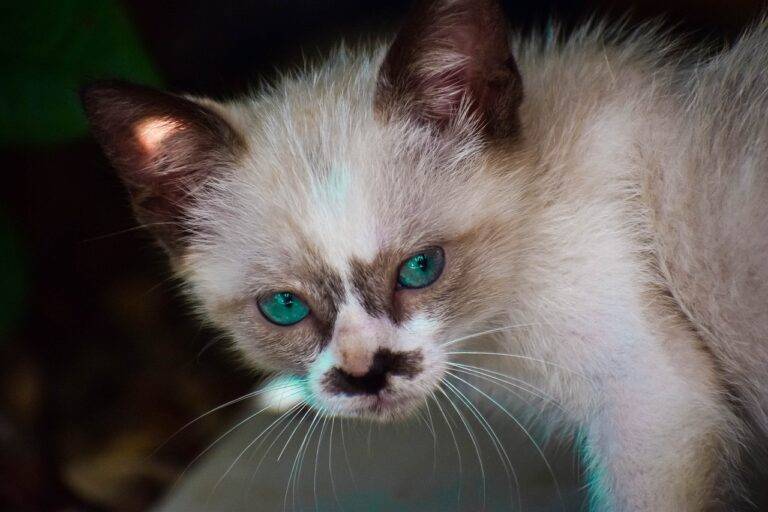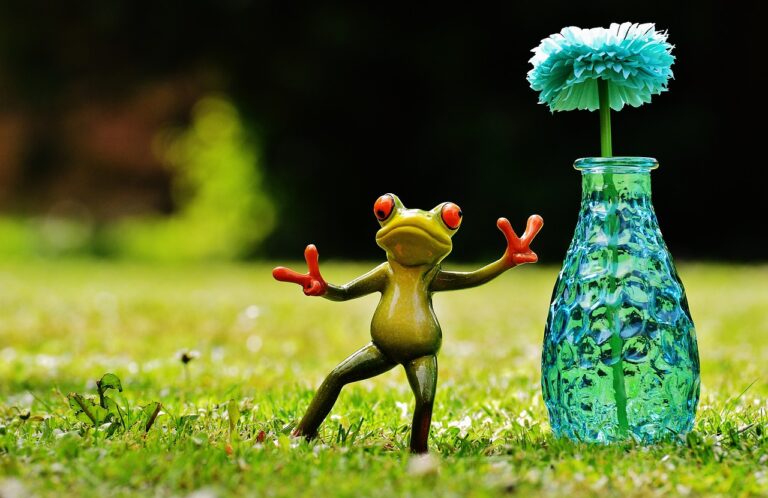Analyzing the Evolution of Hip-Hop Culture in Film and Television: From Beats to Biopics
Hip-hop culture has made a significant impact on the film and television industry, evolving over the years to become a prominent force in shaping popular culture. From its humble beginnings in the streets of New York City to a global phenomenon, hip-hop has influenced storytelling, music, fashion, and overall aesthetic in various forms of media. The fusion of hip-hop elements into film and television has provided a platform for artists to showcase their talents and narratives, breaking barriers and challenging stereotypes along the way.
As hip-hop culture continues to redefine itself, we see a shift in the way it is portrayed in film and television. Stories rooted in the urban experience, often marginalized in mainstream media, have been brought to the forefront through hip-hop-inspired productions. The authenticity and rawness of hip-hop music and lifestyle have resonated with audiences worldwide, leading to a demand for more diverse and inclusive representation in the entertainment industry. Embracing the spirit of innovation and creativity, hip-hop culture in film and television continues to push boundaries and set new standards for storytelling and visual representation.
Origins of Hip-Hop in Film and Television
Hip-hop’s roots in film and television can be traced back to the early days of the genre’s inception in the South Bronx during the 1970s. As hip-hop culture began to gain momentum in urban communities, it naturally migrated to different forms of media, including film and television. The raw energy and expressive storytelling of hip-hop found a natural partner in the visual medium, allowing for a powerful extension of the culture’s voice and message.
From the groundbreaking documentary “Wild Style” in 1983 to the iconic film “Do The Right Thing” by Spike Lee in 1989, hip-hop’s influence in film was undeniable. These early portrayals of hip-hop in cinema helped to shape the culture’s image and gave a platform for artists to showcase their talents and stories to a wider audience. Television also played a significant role in showcasing hip-hop culture, with shows like “Yo! MTV Raps” and “In Living Color” bringing the vibrancy and diversity of the genre into living rooms across the nation.
• The early days of hip-hop in film and television can be traced back to the 1970s in the South Bronx
• Hip-hop culture naturally migrated to different forms of media, including film and television
• The raw energy and expressive storytelling of hip-hop found a natural partner in the visual medium
• Films like “Wild Style” and “Do The Right Thing” showcased hip-hop’s influence in cinema
• Television shows such as “Yo! MTV Raps” and “In Living Color” brought hip-hop culture into living rooms across the nation
Representation of Hip-Hop in Mainstream Media
Hip-hop culture has undeniably left a lasting impact on mainstream media, with its unique blend of music, fashion, and attitude shaping the entertainment industry. From its early roots in the Bronx to its global influence today, hip-hop has become a significant force in shaping the narratives we see on television and in film. Artists like Tupac Shakur, Notorious B.I.G., and Queen Latifah have crossed over from the music scene to make their mark on the big screen, showcasing the depth and talent within the hip-hop community.
The representation of hip-hop in mainstream media has evolved over the years, reflecting the changing landscape of society and the increasing diversity of audiences. While early portrayals often focused on stereotypes and negative perceptions, more recent depictions have sought to highlight the creativity, resilience, and cultural richness of the hip-hop movement. With shows like “Empire,” “Atlanta,” and “The Get Down,” hip-hop narratives have found a home in television, offering a platform for authentic storytelling and showcasing the diverse voices within the genre.
How has hip-hop culture evolved in film and television over the years?
Hip-hop culture has evolved from being primarily underground and niche in film and television to becoming a dominant force in mainstream media.
What are the origins of hip-hop in film and television?
Hip-hop first started making its way into film and television in the 1980s, with movies like “Wild Style” and television shows like “Yo! MTV Raps” helping to popularize the genre.
How is hip-hop typically represented in mainstream media?
Hip-hop is often portrayed in mainstream media as a vibrant and dynamic culture, with an emphasis on its music, fashion, and artistry. However, there are also stereotypes and misconceptions that can be perpetuated in the portrayal of hip-hop in media.
What impact has the representation of hip-hop in mainstream media had on the culture?
The representation of hip-hop in mainstream media has helped to bring the genre to a wider audience and has allowed for greater visibility and recognition of hip-hop artists and their work. However, there are also concerns about the way in which hip-hop culture is sometimes misrepresented or sensationalized in media.







